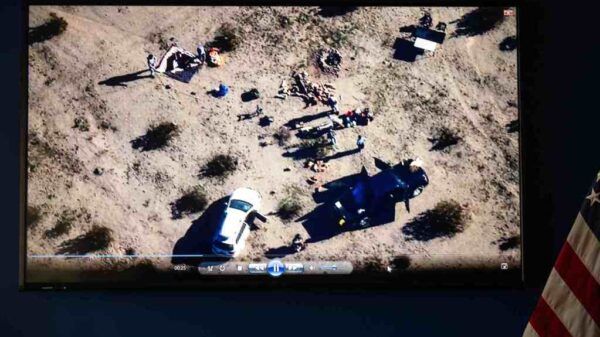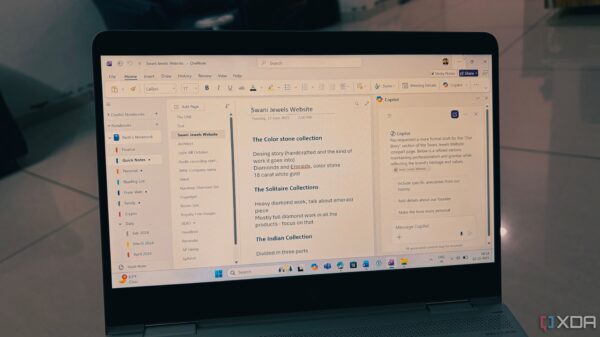A soldier in the New Zealand Armed Forces has pleaded guilty to attempted espionage, marking a historic conviction in the nation’s military court system. This unprecedented case, which occurred on March 15, 2024, involved the soldier attempting to pass sensitive military information to a foreign power, although specific details about the country and the soldier’s identity remain undisclosed due to legal restrictions.
According to military court documents, the soldier believed he was communicating with a foreign agent in 2019. His attempts included sharing classified information such as military base telephone directories, maps, assessments of security weaknesses, and personal identification details. The charge against him indicated that these actions were “likely to prejudice the security or defense of New Zealand.”
In reality, the soldier was engaging with an undercover officer from the New Zealand Police, who was part of an operation aimed at monitoring alleged right-wing extremist groups. This operation was initiated following the tragic terrorist attack on two mosques in Christchurch in March 2019, where an Australian white supremacist killed 51 people.
The soldier’s involvement came under scrutiny after he expressed a desire to defect from the military. Law enforcement officials conducted two interviews regarding his connections with extremist groups. During a subsequent investigation, authorities discovered that the soldier possessed a copy of the livestreamed video of the Christchurch attack carried out by Brenton Tarrant, as well as a manifesto that Tarrant had published prior to the murders. Under New Zealand law, possessing or distributing this material without permission constitutes a criminal offense.
His lawyer, Steve Winter, stated in court that the groups with which the soldier was affiliated were merely “groups of friends with similar points of view.” Winter emphasized that his client does not endorse the ideology of the Christchurch shooter.
The soldier, stationed at Linton Military Camp near Palmerston North, also admitted to accessing a military computer system for dishonest purposes. Initially facing 17 charges, the soldier ultimately pleaded guilty to three counts, each carrying a maximum prison term of either seven or ten years. A military panel is expected to announce his sentence within days.
This case marks the first espionage charge in a New Zealand military court. The last similar case to reach the civilian courts occurred in 1975 when a public servant was acquitted of allegedly passing information to Russian agents. A spokesperson for the New Zealand military stated they would not comment further until the proceedings against the soldier are concluded.
The implications of this case extend beyond the courtroom, raising concerns about internal security and the potential influence of extremist ideologies within the military ranks. As New Zealand continues to grapple with the legacy of the Christchurch attack, this conviction serves as a stark reminder of the challenges faced in safeguarding national security.






































































